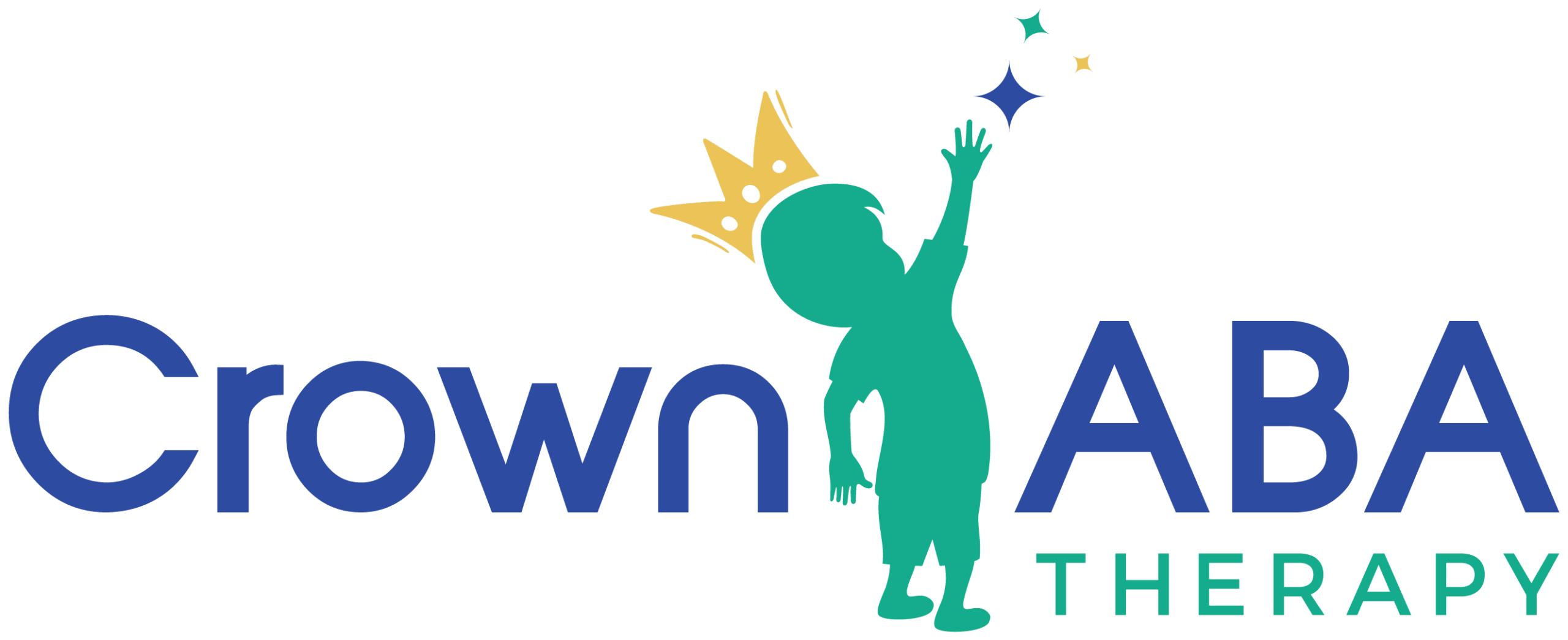Is Nonverbal Autism Severe? What You Should Know

Key Points:
- Nonverbal autism varies in severity, but it does not always indicate intellectual disability or lack of understanding.
- Severity in autism is determined by multiple factors, including communication, behavior, and daily functioning.
- ABA therapy helps improve communication skills and overall development for nonverbal individuals.
A child who doesn’t speak may still understand everything you say. So, is nonverbal autism severe? It depends. Autism severity isn’t just about speech but also independence, behavior, and learning. Some nonverbal individuals flourish with support. Let’s explore what nonverbal autism means and how to encourage social communication.
Is Nonverbal Autism Severe?
No. Nonverbal autism is not automatically considered severe, though it can be associated with higher support needs. The inability to speak verbally doesn’t necessarily reflect a person’s intelligence or potential. Many individuals with nonverbal autism communicate effectively through alternative methods such as sign language, picture exchange systems, or assistive technology. While some may face significant challenges, others thrive with the right supports in place. Each person on the spectrum is unique, and severity should be assessed based on overall abilities and needs—not just verbal communication.
What Does It Mean to Be Nonverbal in Autism
Autistic individuals who are nonverbal do not use spoken language to communicate. However, this does not mean they do not understand language or lack intelligence. Some may comprehend speech but struggle to express themselves verbally. Others may require alternative communication methods, such as assistive technology or sign language.
4 Common Characteristics of Nonverbal Autism
Nonverbal individuals may experience:
- Limited or no spoken language – Some may make sounds but not form words.
- Strong receptive language skills – Many understand more than they can express.
- Use of gestures or alternative communication – Some rely on pictures, devices, or sign language.
- Challenges with social interaction – Difficulty engaging in conversations or responding to verbal cues.
How is Autism Severity Determined
Autism is diagnosed on a spectrum, meaning severity varies from person to person. The DSM-5 (Diagnostic and Statistical Manual of Mental Disorders) categorizes autism into three levels:
1. Level 1 (Requiring Support)
Individuals at this level may struggle with social interactions and communication, but can function independently with some help. They may use verbal language but find conversations difficult.
2. Level 2 (Requiring Substantial Support)
This group faces more noticeable challenges with verbal and nonverbal communication. They may need structured support for daily activities and have difficulty adjusting to changes in routine.
3. Level 3 (Requiring Very Substantial Support)
Individuals at this level often have severe communication challenges and restrictive behaviors. Many are nonverbal or minimally verbal and need significant assistance in daily life.
Does Nonverbal Autism Always Mean Intellectual Disability?
No, nonverbal autism does not automatically mean a person has an intellectual disability. Some nonverbal individuals have average or above-average intelligence but struggle with spoken language due to motor planning issues, sensory challenges, or anxiety.
Here are some ways to tell if a nonverbal child understands language:
- Following directions – Responding to commands or routines.
- Recognizing familiar words – Reacting to their name or common phrases.
- Engaging with nonverbal cues – Using gestures, facial expressions, or eye contact to communicate.
- Success with alternative communication – Using picture cards, devices, or sign language effectively.
Some nonverbal individuals may excel in other areas, such as problem-solving, art, or memory, even if they do not speak.
Can Nonverbal Individuals Learn to Communicate?
Yes, many nonverbal autistic individuals can develop communication skills through therapy and alternative methods. Speech may not always emerge, but there are many ways to express needs and thoughts.
Below are alternative communication methods for nonverbal individuals:
- Augmentative and Alternative Communication (AAC) devices – Tablets or apps that generate speech.
- Picture Exchange Communication System (PECS) – Using pictures to communicate wants and needs.
- Sign language or gestures – Some individuals learn sign language as an alternative to speech.
- Text-based communication – Writing, typing, or using letter boards.
These tools help nonverbal individuals express themselves, reducing frustration and improving social interactions. If you’re curious about whether someone can be autistic without facing social challenges, check out our article Can You Have Autism Without Social Issues? for deeper insight.
How ABA Therapy Supports Nonverbal Individuals
Applied Behavior Analysis (ABA) therapy is one of the most effective treatments for improving communication and daily living skills in autistic individuals. It focuses on breaking down complex skills into smaller, teachable steps.
Here is how ABA therapy helps nonverbal individuals:
- Encourages communication – Teaches alternative communication methods, such as PECS or AAC devices.
- Improves social interaction – Helps individuals engage with peers and caregivers.
- Reduces frustration – Provides tools to express wants and needs, reducing behavioral challenges.
- Develops life skills – Focuses on independence in daily routines.
ABA therapy is tailored to each individual, ensuring the approach aligns with their unique strengths and challenges.

With patience, consistency, and the right support, nonverbal children can develop ways to communicate effectively.
Helping Nonverbal Children Thrive with ABA Therapy
Nonverbal autism presents unique challenges, but it does not define a child’s potential. With the right interventions, many nonverbal individuals learn to communicate in ways that work for them. ABA therapy is a proven approach that helps build communication skills, social connections, and independence.
At Crown ABA, we specialize in helping nonverbal autistic individuals develop essential life skills through personalized ABA therapy in Maryland. Our team works closely with families to create tailored strategies for each child’s unique needs.
If you’re in Maryland and looking for expert support for your nonverbal child, contact us today to learn how our therapy programs can make a difference.





